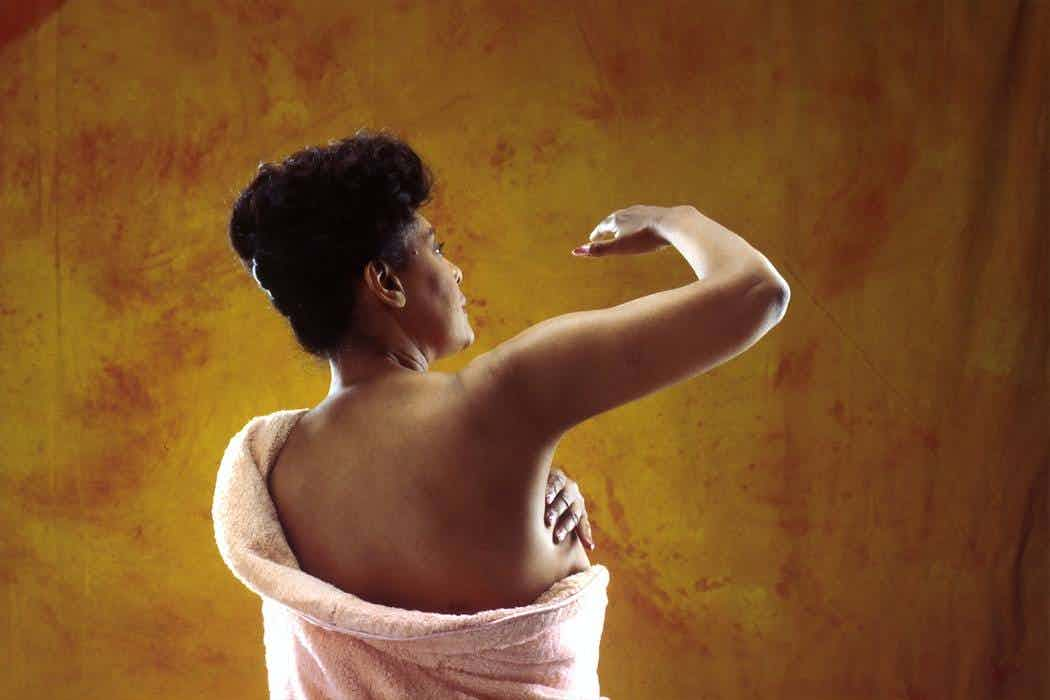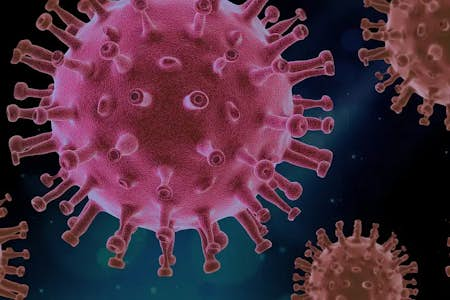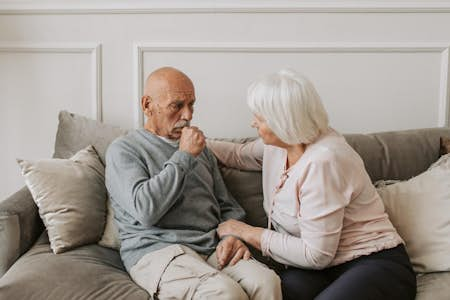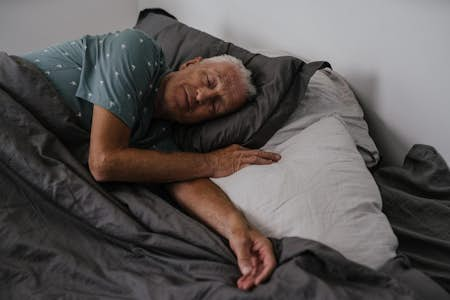The Covid-19 vaccination rollout across the UK has given the nation fresh hope for returning to a more normal life. The programme has been running smoothly over recent months, with targets being met and even exceeded and infections, hospital admissions, and death rates falling.
Early in the rollout, the UK government decided to do things a little differently in a bid to get more of the country vaccinated. Rather than administering the second doses of the vaccines 21 days after the first, as recommended by manufacturers, they decided to extend the wait to 12 weeks. However, there is now evidence that this could be risking the lives of cancer patients.
Level of protection from the first dose not as high for cancer patients
Health officials said at the time the delay between the first and second doses was to provide initial protection more quickly for the whole country. According to their data, the first dose of the vaccine gave such a high level of protection that it justified extending the time until the second dose. This then meant that they had more time to administer the first dose across the country before starting over with the second jabs.
However, while this may be fine for generally healthy people, a recent study suggests that it could prove dangerous for those who have cancer. According to researchers from the King’s College London and Francis Crick Institute, cancer patients have far less protection than other people after the first dose. This could mean the 12-week gap between doses for cancer patients could effectively be putting their lives at risk.
The small study had just over 200 participants, with 151 who suffered from solid cancers or blood cancers. The results of the study showed that three weeks after one dose of the vaccine, 97% of people without cancer had an antibody response. However, this fell to 39% in patients with solid cancers and just 13% for those with blood cancer.
With the study indicating that cancer patients could be at increased risk because of the 12-week wait, charities and experts are now calling on the government to revise its policy. Researchers said there was evidence that a second dose given early on could boost protection for cancer patients. However, under the current policy, everyone must wait 12 weeks before getting their second jab.
Findings described as very worrying
While the study was not a huge one, some believe the findings are cause for concern. A senior doctor involved with the study, Dr Sheeba Irshad, described the data as very worrying, adding an urgent review of the 12-week gap needed to be carried out.
She added, "Until then, it is important that cancer patients continue to observe all public health measures in place such as social distancing and shielding when attending hospitals, even after vaccination."
Irshad went on to say that the long delay between vaccines presented an additional problem because it gave new strains more time to emerge.






